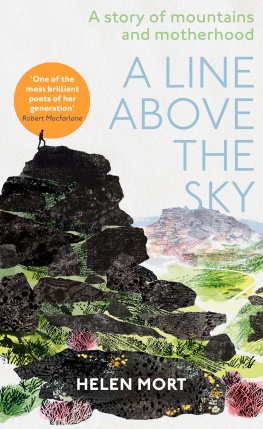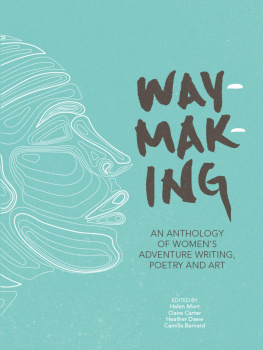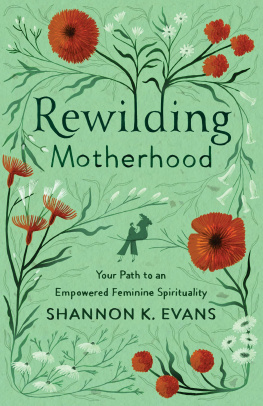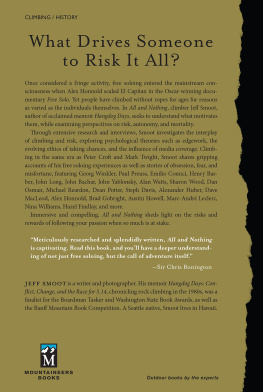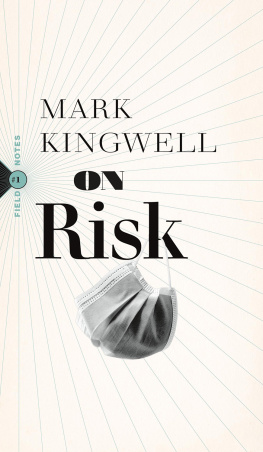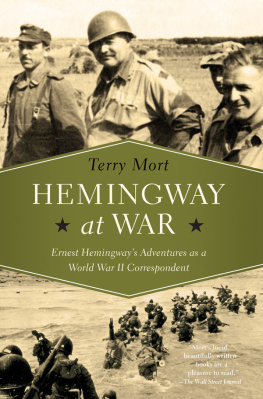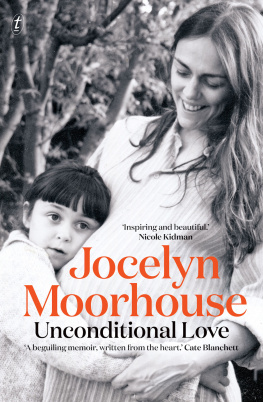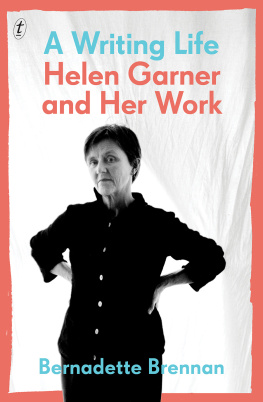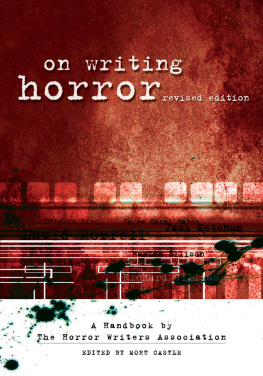Helen Mort
A LINE ABOVE THE SKY
A story of mountains and motherhood

EBURY
UK | USA | Canada | Ireland | Australia
New Zealand | India | South Africa
Ebury is part of the Penguin Random House group of companies whose addresses can be found at global.penguinrandomhouse.com.

First published by Ebury Press in 2022
Copyright Helen Mort, 2022
The moral right of the author has been asserted
Cover illustration by Claire Harrup
Cover design by Lucie Stericker/Studio 7:15
ISBN: 978-1-473-58297-2
This ebook is copyright material and must not be copied, reproduced, transferred, distributed, leased, licensed or publicly performed or used in any way except as specifically permitted in writing by the publishers, as allowed under the terms and conditions under which it was purchased or as strictly permitted by applicable copyright law. Any unauthorized distribution or use of this text may be a direct infringement of the authors and publishers rights and those responsible may be liable in law accordingly.
for Mum and Dad, and for Bear
i.m Alison Hargreaves (19621995) and Tom Ballard (19882019)

/ Gear
It is never the right time. September, October, the valleys holding the clouds close like nursed resentments. The trees shudder, premonitions of storm. There will never be a settled day. You could wait for one all your life, palms pressed to the fogged-up windowpane, rucksack spilling its contents on the floor, the kettle singing its high, shrill song in the background.
There is no such thing as bad weather. Repeat it like a mantra. You must pack for anything. Warm layers. Waterproofs and dry socks. A head torch and spare batteries in case darkness folds over the hills faster than you imagined. A modest food supply. Prayers. Hopes. Humility. There is no such thing as bad weather, only unsuitable clothes. Packing is a comfort. There is no such thing as bad weather, only unsuitable thoughts.
Your muscles ache. As you walk, your left knee rebukes you for the poor care youve taken of it. Crows scatter from the nearest branches, flinging the ink of themselves across the mornings used page. There is no such thing as a fresh start. It will never be the right moment. You must make good progress. Leave now while you still can.

As Well Ignore Gravity
My life is for me./ As well ignore gravity
Philip Larkin
2018
High above eastern Nepal, Ama Dablam is a mother wearing a glittering necklace. This is no Romantic metaphor: it is the mountains true name. From the trail towards Everest base camp, it dominates the eastern sky, shadows clinging to it, snow cleaving to its steepness. It is a dazzling triptych. The long ridges on each side are the arms of a mother (ama) protecting her child and the hanging glacier is like a double pendant (dablam) worn by Sherpa women. It soars dramatically, proud among the high reaches of the Himalaya. As I was giving birth to my son in December 2018, my friend, ex-boyfriend and climbing partner, Andrew, was scaling it, slow and methodical. When the contractions gripped my whole body, it was him I thought of unaccountably, him struggling through the thickness of snow and the thinness of air, climbing steadily towards a cold dawn, light breaking, a sudden blush over Cho Oyu and Numbur, all the jagged peaks of the Western Himalaya. I saw him pause on the South-West Ridge, sheerness on either side of him, a gold and rusted band of sky behind. I saw him glance down to left and right, appraising the swoop of the land, then fix his eyes on the slope ahead, the distance yet to cover. No going back.
Labour had wrung my every muscle. It was electric, heavy, dizzying. The gush of waters on the bathroom floor, the gathering ache, spasms and crumpling, the buzz of the TENS machine, stinging my lower back. When I couldnt stay at home any longer, my partner Jess drove me from Sheffield through the misty, orange-lit evening to Chesterfield Royal Hospital and I fell asleep for seconds in the gaps between contractions, slipping into a temporary oblivion, waking to sharpness. The hospital is on the road I grew up on and Id decided I wanted to give birth there, like a wounded animal crawling home. As I doubled up on the examination table in the birthing suite, I felt embarrassed: I had always thought I would endure better than this. I was a climber, a long-distance runner, an athlete used to mountain marathons and lactic acid and nausea. But I was on the cusp of advanced labour eight centimetres dilated and I had got there with no pain relief apart from warm baths and paracetamol. Other kinds of pain Id felt before suddenly seemed abstract, the way my body had always forgotten the struggle of long-distance running after Id crossed the finish line, forgotten the fear of the climb after Id reached the top. In the relief that comes after you gain a summit, the ascent is briefly lost.
The midwife was animated, energetic. I was given a transparent plastic nozzle attached to a long tube and I clutched it in my right hand. Outside, the sky was heavy, a premonition of snow. There were Christmas lights in the car park winking orange and green, a neon Santa on a sledge. I remembered walking round the hospital grounds one winter night on my own as a teenager, finding a bank where I could sink up to my waist in the snow, staying for hours in the privacy of the cold, my hands numb under my gloves, never wanting to go home. The midwife Claire talked me calmly through the method for using gas and air, explained how Entonox works, how it was important to breathe it as soon as I felt the contractions starting, how most people leave it too late. I took a tentative breath. Deeper, Claire said. I took a long shuddering gulp. Soon, it felt like second nature to me. My limbs tingled and my head spun. I was a climber at altitude, sucking on supplementary oxygen through a mask.
Mountains steal your breath from you. The higher you go, the thinner the air is. Air pressure at higher elevations is lower than at sea level, and oxygen molecules are squeezed tight. Within seconds of exposure to altitude, your breath quickens and your legs become leaden. Within hours, you become dehydrated and tired. If you develop altitude sickness, you become insomniac and nauseous, too lethargic to move. Most climbers who make it above 6,000 metres rely on oxygen to prevent hypoxia, though there are some who have climbed the highest mountain in the world without it, athletes like Reinhold Messner and Alison Hargreaves. But most breathe the bottled air. With their goggles and masks, they look like aliens, stumbling towards the sun. With each contraction, I inhaled more Entonox. I sank into the hot water of the birthing pool. I always kept the tube of gas and air in one hand, as if for security. It made me drunk, giddy, warm and distant. I began to hover somewhere above my own swollen body. I was following Andrew up Ama Dablam, steady and sure-footed, knowing the rope was between us. And as my body began to push of its own accord, convulsing beneath the surface of the water, I tried to take myself away to the other side of the world, to put myself in a place of ice and weather.

